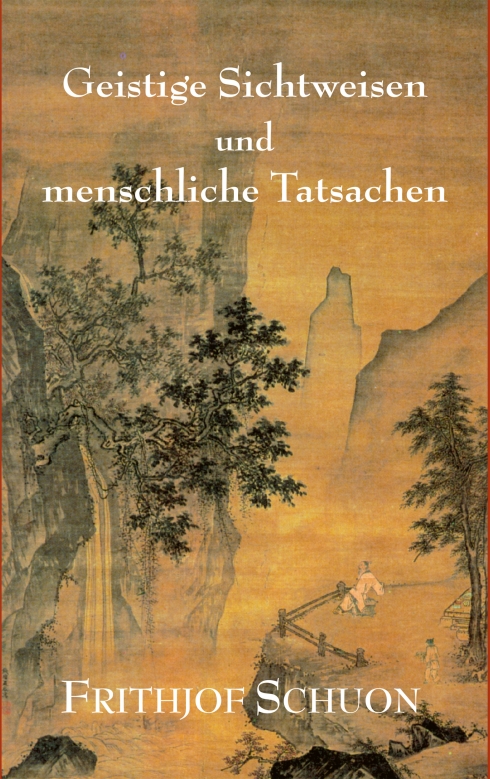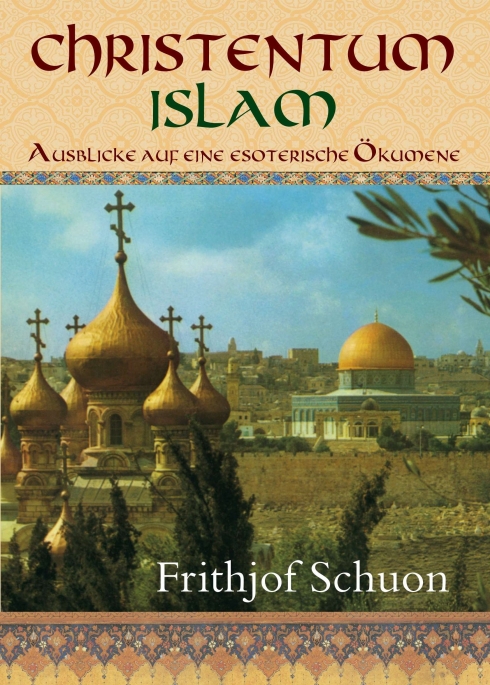Cognition redeems only on condition that it engages all that we are: if it is a way that works and transforms and wounds our nature as the plow wounds the earth.” Metaphysical knowledge and spiritual transformation of man are the main themes of this book, which is a collection of various short texts compiled by Frithjof Schuon himself, allowing the reader, as it were, a glimpse into the workshop of this thinker. Many aphorisms invite to contemplative comprehension.
Frithjof Schuon (1907-1998) is regarded in many parts of the world as one of the most important writers on the philosophy of religion of the 20th century. He is considered a leading exponent of that school of thought called Sophia perennis (“everlasting wisdom”), which contains the timeless and universally valid principles underlying the various doctrines, symbolism, sacred art, and spiritual exercises of the world’s religions.
“When I read Schuon, I have the impression that I can agree with him, and again and again I can see what what he says has to do with my own tradition and experience… I think he sees things exactly right… I appreciate him more and more.” (Thomas Merton)
“‘Spiritual Views and Human Facts’ consists of reflections on tradition and on modern civilization, on art, the spiritual life, metaphysics, and the virtues. Of particular importance are Shuon’s detailed discussions of spiritual virtues and a masterful comparison of Sufism and the Vedânta.” (Seyyed Hossein Nasr, professor at George Washington University, author of “The Knowledge and the Sacred”)
“In Shuon’s writings we find the serenity of one who sees ‘that which exists from eternity, that which is real and unchanging.’ His work radiates deep calm and great clarity.” (Kathleen Raine)
“Schuon is the most important religious thinker of the twentieth century.” (Huston Smith,
author of “The Seven Great Religions of the World.”)



